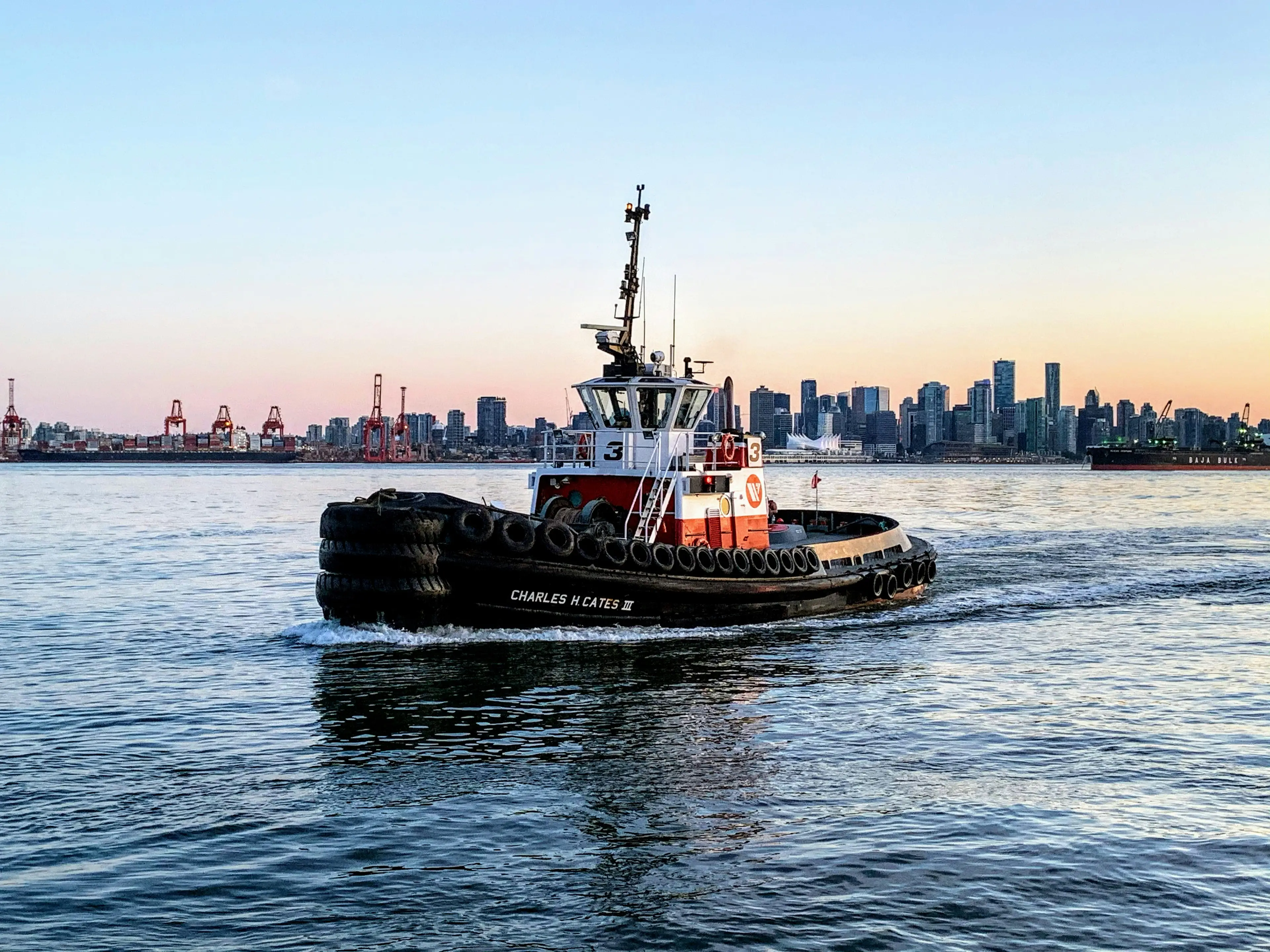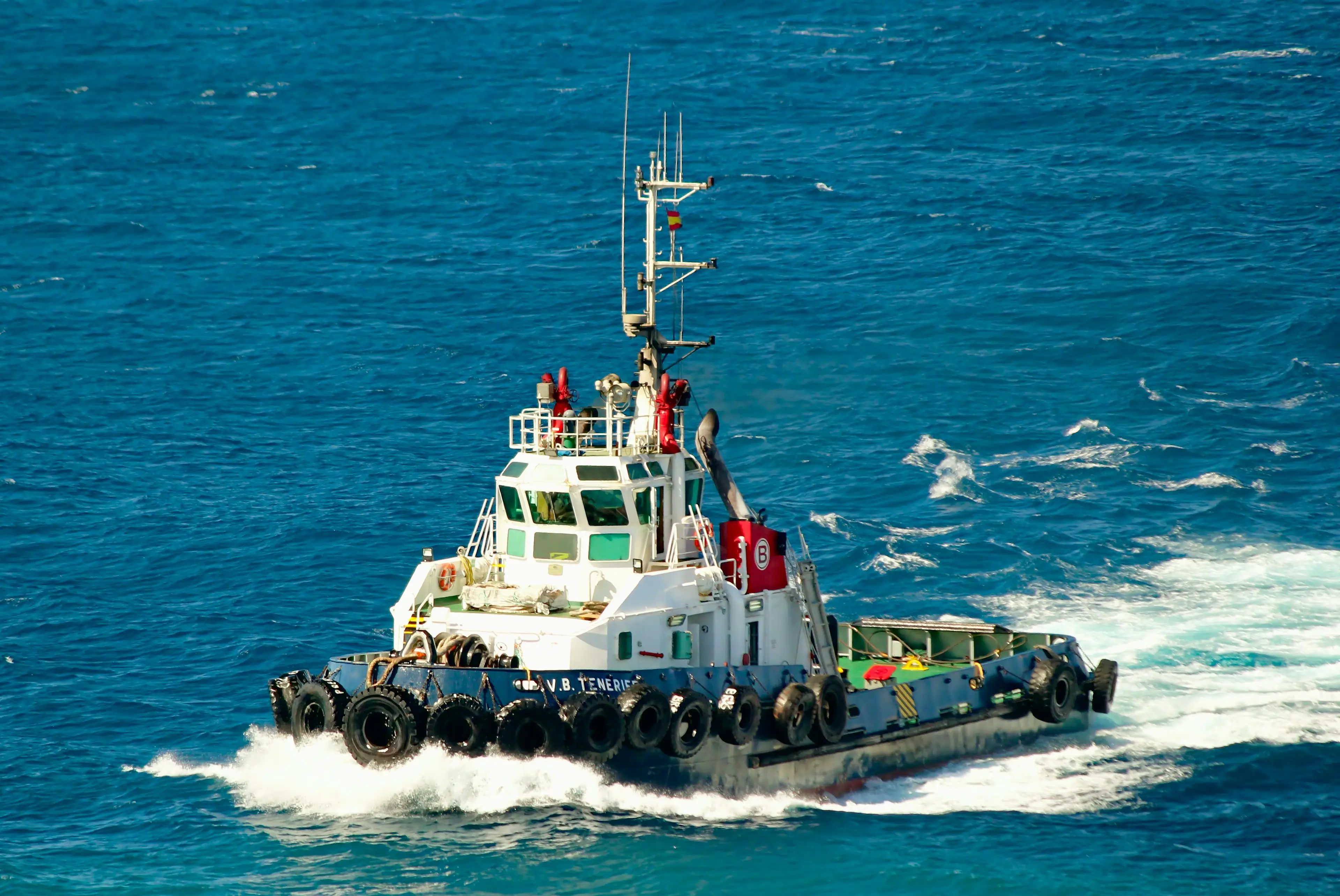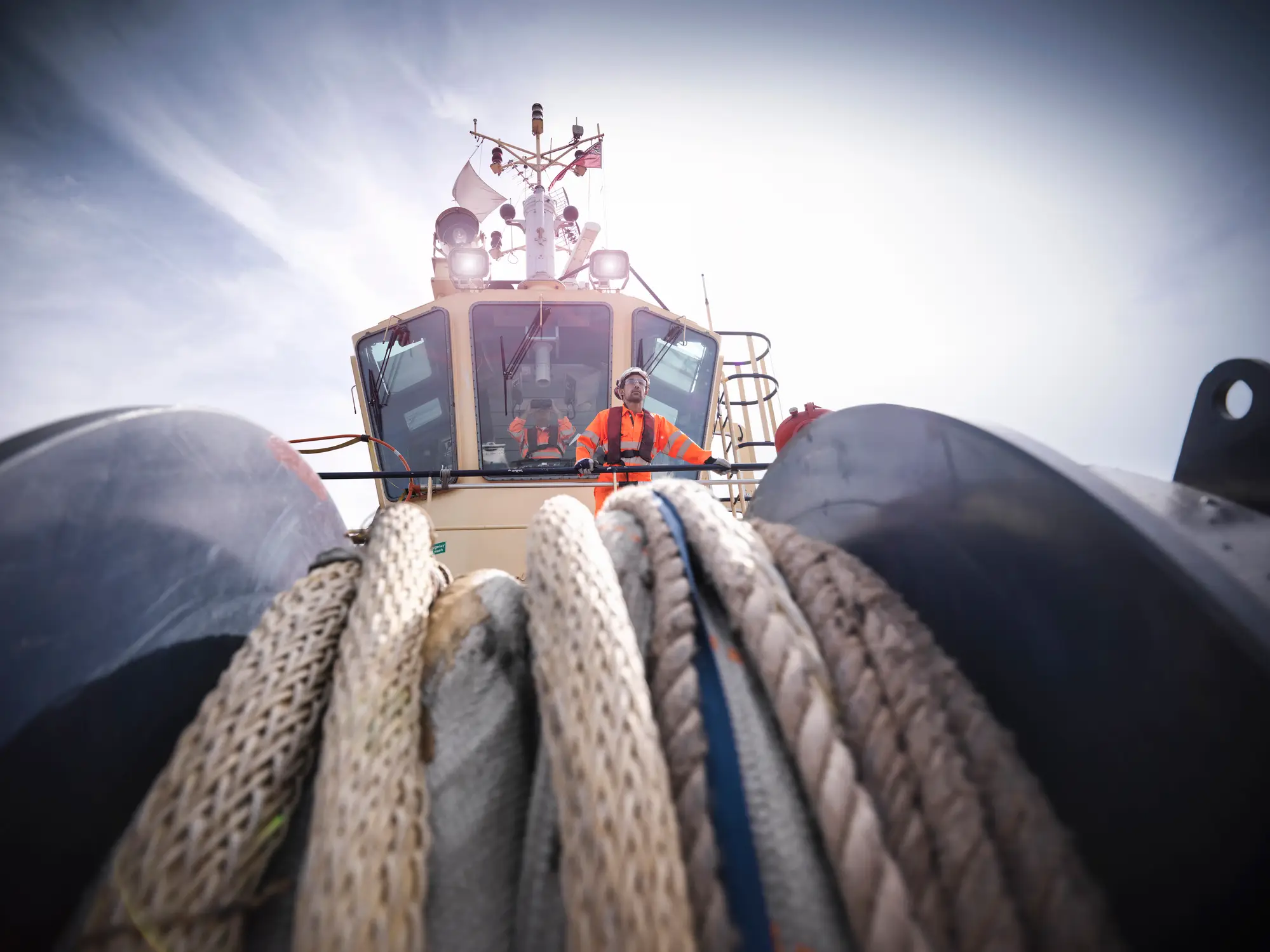
It turns out that working on a Tugboat is an extremely dangerous role, with some injuries classed as ‘unavoidable’.
Tugboat deckhands aren’t scared of danger - if they were, well, they’re in the wrong profession!
Working with the huge vessels means they're exposed to life-threatening dangers on a daily basis, which can result in devastating injuries and even loss of life.
But these dangers on deck are crucial to the workings of the ship, which wouldn’t operate without them.
Advert

So, what exactly are these dangers?
Falling overboard
One of the dangers is falling overboard, which sounds easy to avoid, but when working with water and oil, surfaces are never particularly easy to walk on.
Surfaces become risky territory, making slipping and falling into the open ocean more likely than on any other ship, which can of course result in hypothermia or drowning.
Tripping over equipment that isn’t properly put away is also a hazard for the crew.
Heavy equipment
Another danger includes the weight of the equipment they are dealing with.
The large and dangerous chains and shackles are essential to pulling the vessels, but they can cause serious injuries whilst being lifted.
It’s not ideal for crew to have work-related injuries that require them to take time off, but it’s a common occurrence for these seamen.
Working with other vessels and equipment
Yet another danger is working with other vessels, which requires workers to jump between barges.
It is easy for crew to fall between the deck and the dock, causing a major injury. The risk of being crushed between vessels is also present.
Chemicals are also stored on the boats, and spillages onto the skin can sometimes occur.

Other risks include:
- Mechanical failures
- Becoming entangled in winch wires or being hit by a snapping hawser
- Chemical exposure to spills
- Burns or smoke inhalation from electrical fires
However, you’ll be glad to know that pay-outs are often granted for these kinds of work-related injuries.
Jon Montagna from Montagna Maritime Law said: “It’s difficult to estimate a dollar amount immediately, as it could be low compared to your future medical bills.
“When calculating settlements, you’ll want to consider damages such as financial loss, potential disability, and medical expenses.

“If you suffer injury or loss of a family member due to a tug accident, it’s a good idea to speak with a knowledgeable maritime injury attorney as soon as possible.”
Workers, regardless of whether they work on a river, in a harbour, or on the high seas, are protected by maritime laws.
The most basic form of protection is maintenance and cure, which provides a daily income which aims to cover living expenses and coverage for medical care.
However, the benefits of this protection package are limited, as they end when the person has reached maximum medical improvement.
Topics: Jobs, World News, Health